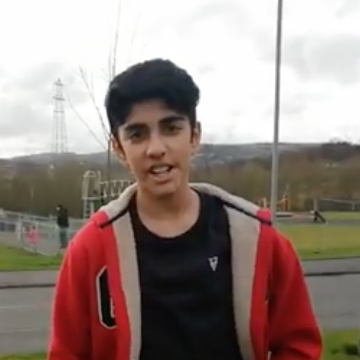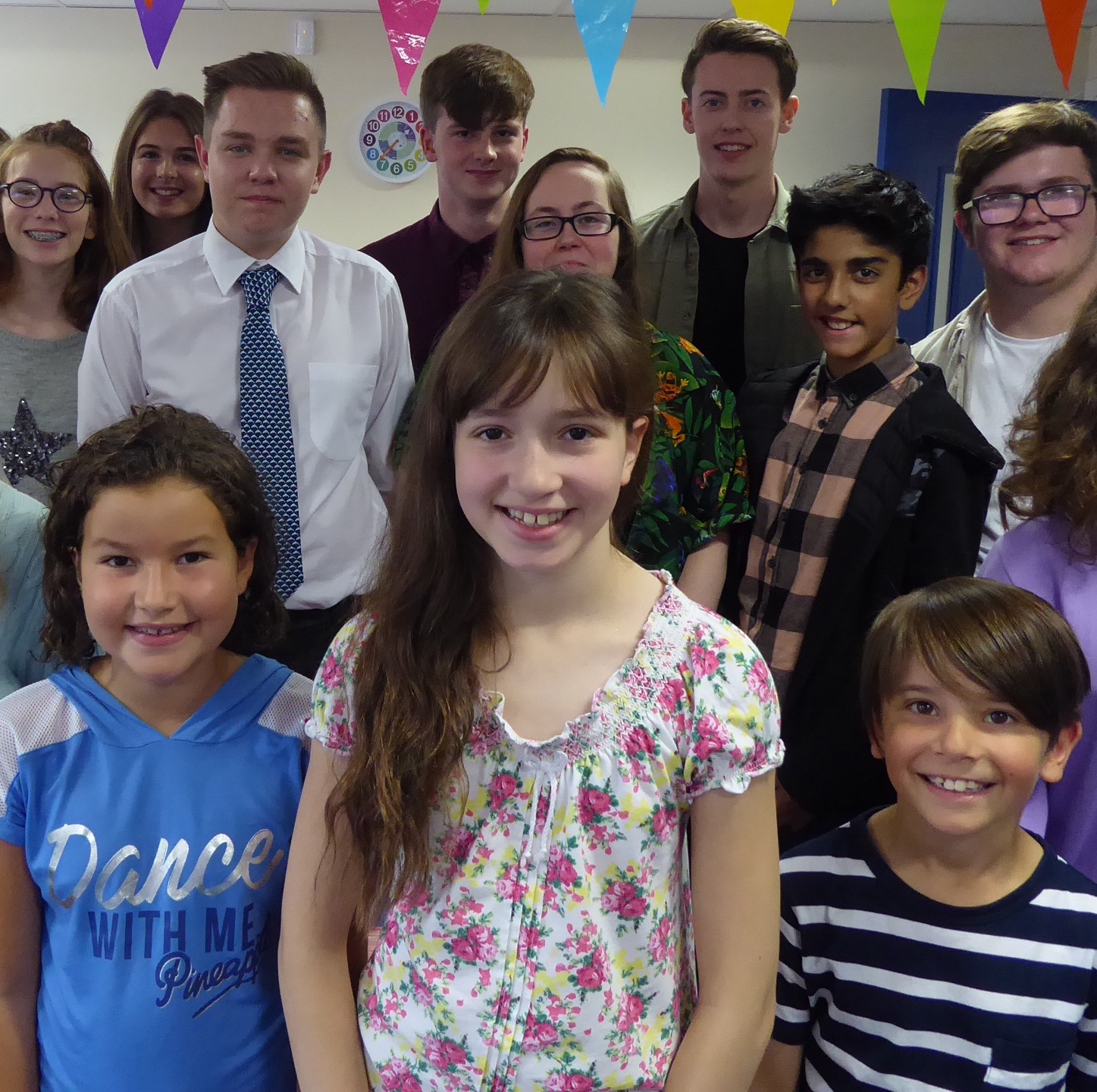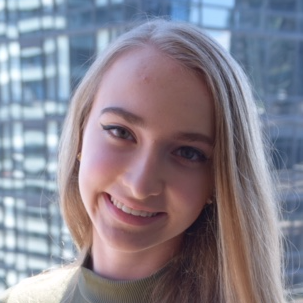New phase of Children and Young People’s Panel on Europe will ensure young voices are heard in Brexit negotiations
19 November 2019
Children and young people will again have the opportunity to advise the Scottish Government on the issues they would like to be considered as part of Brexit negotiations with Westminster and the European Union as part of a landmark participation project.
The Children and Young People’s Panel on Europe, initiated by Children in Scotland and independently led by the charity in partnership with Together (Scottish Alliance for Children’s Rights), will also develop resources to provide helpful information for children across Scotland about what leaving the EU might mean for their lives.
Children in Scotland and Together supported the Children and Young People’s Panel on Europe from July to December 2018, and it will reconvene next month.
The Panel previously comprised 19 members aged 8-19 years, with the next phase being made up of 20 children and young people, including some of the previous panel members.
All members were too young to vote in the EU referendum but worked to identify five areas of primary importance to children and young people in their relationship with Europe. These areas will continue to be the focus of their work:
- EU funding
- Opportunities to work, study and travel in other countries
- The economy, trade and jobs
- Rights
- Uncertainty
Welcoming the next stage of the project, panel member Soroush, aged 13, said: "Since we met last and our report was published, Brexit is still a matter of uncertainty. We still don't know what the end result will look like. I want to continue to promote our voice since we are the generation that will be affected the most."
Panel member and MSYP Jack Bell, aged 17, said: “The current political atmosphere is incredibly rich, yet dense; it's difficult to navigate, especially for a young person who may have a limited understanding of politics.
“I'm honoured to be able to speak on behalf of young people and bring their voices to the top tables of decision-making, especially on an issue as important as Brexit.”
And panel member Oscar, aged 9, added: “I am so glad we are continuing our work and I can’t wait to get stuck in!”
The Panel will meet eight times between December and July 2020 to share their views, learn more about the process of leaving the EU, and find out what other children and young people across the United Kingdom have said, before deciding what they want the priorities to be for the future.
The Panel, funded by Scottish Government EU Directorate, will make recommendations to the Cabinet Secretary for Government Business and Constitutional Relations, Mike Russell. It will maintain links across the Scottish Parliament and wider civic society through the Cross-Party Group on Children and Young People, and other relevant organisations.
The Panel builds on work by the Scottish Youth Parliament, Young Scot, the My Life My Say movement and others, which found that children and young people feel anxious and uncertain about what Brexit means for them.
Juliet Harris, Director of Together, said: “Children and young people have strong opinions about the kind of Scotland they want to grow up in, and yet they often struggle to get their views heard.
“The UN Convention on the Rights of the Child is clear that children have the right to have their views taken into account in all decisions that affect them.
“The next stage of the Panel’s work will help to make this right real and ensure children’s views are listened to, respected and taken into account by those involved in the Brexit negotiations.”
Amy Woodhouse, Children in Scotland’s Joint Acting Chief Executive and Head of Policy, Projects and Participation said: “The first phase of the Panel gave young people a say on Brexit and our future relationship with Europe.
“We're delighted that this next stage will build on those foundations and ensure that children and young people’s voices are no longer marginalised on one of the most vital social, economic and cultural issues of our times.”
The Panel will be sharing blogs, video content and helpful resources for children and young people throughout the project.
- Click here for panel recruitment information
- Visit childreninscotland.org.uk and togetherscotland.org.uk for updates.
Media enquiries:
Jemma Tracey, Communications Officer, Children in Scotland: 0131 313 8849 (Tuesdays and Wednesdays)
Chris Small, Communications Manager, Children in Scotland: 0131 313 8824 / csmall@childreninscotland.org.uk (Monday, Thursday and Friday)
Juliet Harris, Director, Together, 0131 337 9015 / info@togetherscotland.org.uk
Editors’ notes:
Children in Scotland
Giving all children in Scotland an equal chance to flourish is at the heart of everything we do.
By bringing together a network of people working with and for children, alongside children and young people themselves, we offer a broad, balanced and independent voice. We create solutions, provide support and develop positive change across all areas affecting children in Scotland.
We do this by listening, gathering evidence, and applying and sharing our learning, while always working to uphold children’s rights. Our range of knowledge and expertise means we can provide trusted support on issues as diverse as the people we work with and the varied lives of children and families in Scotland.
Together (Scottish Alliance for Children's Rights)
Together is an alliance of Scottish children's charities that works to improve the awareness, understanding and implementation of the United Nations Convention on the Rights of the Child (UNCRC).
We do this by:
- promoting the UN Convention on the Rights of the Child;
- helping children's organisations to integrate the UNCRC into their work;
- monitoring and reporting on the progress made at a Scottish and UK level.
Our growing membership is made up of a range of children's charities, from small local playgroups through to large international charities, alongside individuals, academics and professionals with an interest in children's rights.

"It gives me hope for the future"
Watch a video to find out more about the Panel and the first phase of the project
Click to watch the film
"Listen to us on Brexit"
The Panel produced a report and set of recommendations in February 2019
Click to download the report
Young People's Panel on Europe
Find out more about the project and recruitment of new members
Click to read the project details
Why involving young people is better for all
A blog by Ellie Roy, member of our young people's advisory group Changing our World
Click to read Ellie's blog
